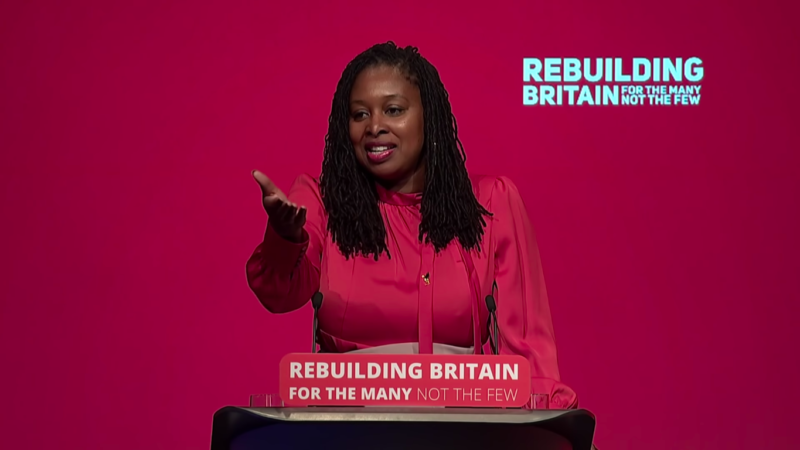
International Women’s Day is an important day to celebrate the amazing achievements of women across the world and to celebrate the great progress we have made in the fight for equality, while recognising just how much further we need to go. The theme this year is #BalanceforBetter with the vital aim of building a gender-balanced world.
Sadly the government’s approach to equality has hindered progress, by placing the burden of 87% of its cuts on the shoulders of women. The next Labour government will have a different approach and go much further than the government in tackling the structural barriers in society that prevent progress for so many people.
Recently I joined over a thousand women from the UK and around the world at Labour’s women’s conference. It was inspiring to see everyone’s passion in fighting for equality and campaigning for positive change. It was a reminder of what we can achieve together.
Labour aims to put forward a radical and progressive agenda to empower women to fulfil their economic potential. At women’s conference, I announced our plans to introduce rights to flexible working from day one of employment so that no woman will be shut out of the workplace because they’re a mum or a carer to a loved one. It will increase employment and promotion opportunities for women, and help build an economy that works for women, not against us.
It is worrying that the gender pay gap is growing in hundreds of companies and many more have reported inaccurate data or none at all. These companies have faced no sanctions, making a mockery of the system and calling into question the government’s commitment on this issue. Even the Ministry of Justice missed the deadline or had to refile its data for 2017-18. We need to make it mandatory for large companies to conduct audits alongside action plans. Those with good gender practices should receive government certification, while those that fail to take action face fines. This is the only way to close the pay gap.
The UK also needs to address period poverty, with women spending around £5,000 in their lifetime on sanitary products. When you’re failing to make ends meet, it can be the choice between food or necessary sanitary items. That is why Labour has pledged to provide free sanitary products in hospitals, schools, colleges and foodbanks.
When it comes to harassment at work, the government has failed to deliver progress to prevent another President’s Club scandal from happening. Labour, in contrast, has pledged to reinstate Section 40 of the Equality Act to protect employees from third party harassment.
And the next Labour government will recognise intersectionality, because true equality must involve women of all races and classes. Our current legislation means that you can only bring a discrimination claim on the grounds of one aspect of your identity. Instead we’ll make it so that people can bring forward claims on multiple grounds of discrimination – for example when being both black and female.
On International Women’s Day, we must also recognise our international obligations. So I am proud that the next Labour government will implement the UK’s first explicitly feminist international development policy. Based on the principles of gender justice, rights, intersectionality and solidarity, it will tackle the structural causes of gender inequality, transform gender norms and challenge patriarchy. This is vital if we are to meet our Sustainable Development Goals, and particularly Goal 5 – to achieve gender equality and empower all women and girls.
This is all part of my vision to ensure that women no longer rely on the shaky ladder of success. In delivering these policies, Labour will instead build an escalator of success to allow all women to progress. On International Women’s Day, I say: together we can achieve it.




More from LabourList
‘The hope that kills you’: Reflections from the final day in Gorton and Denton
MPs, union leaders and organisations react to ‘bruising’ Gorton and Denton result
A gory night for Labour